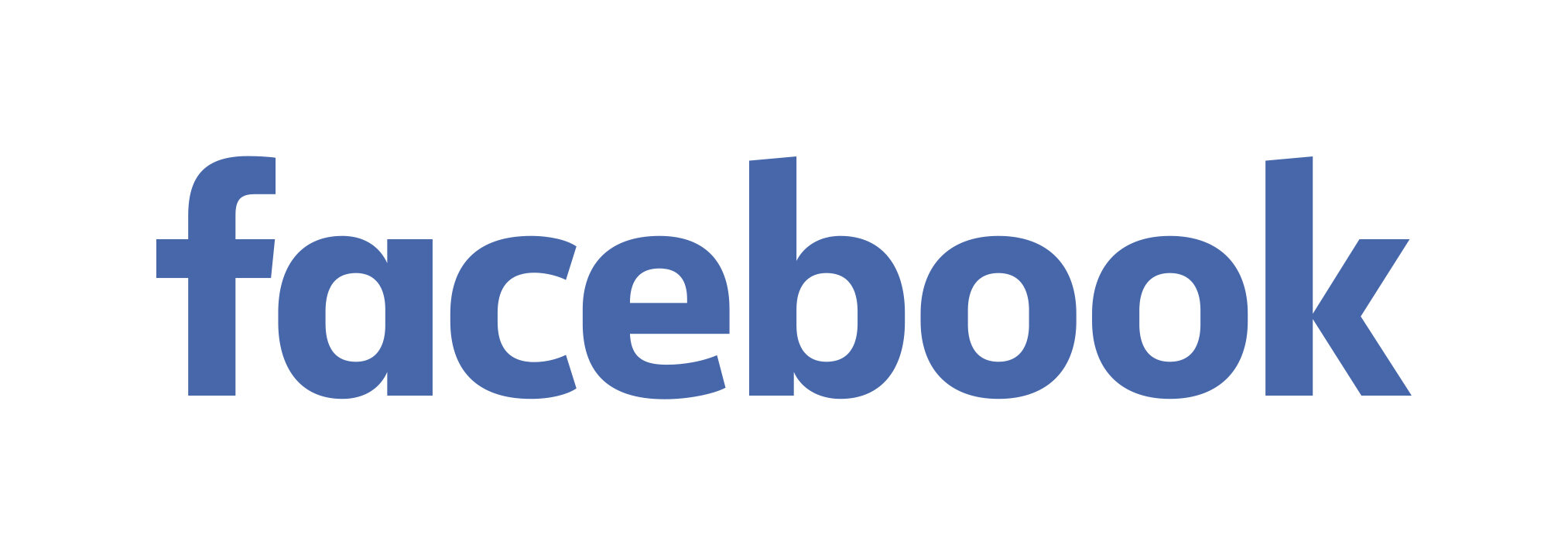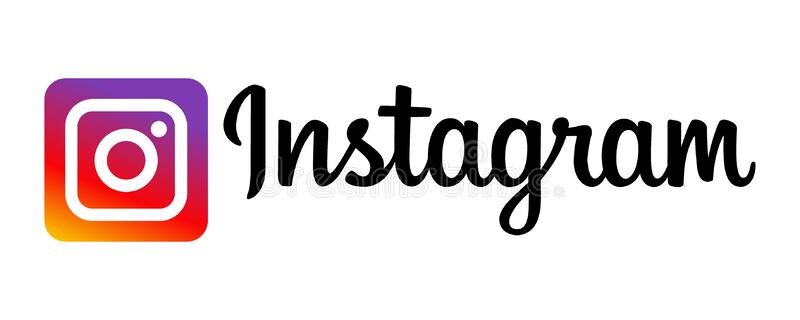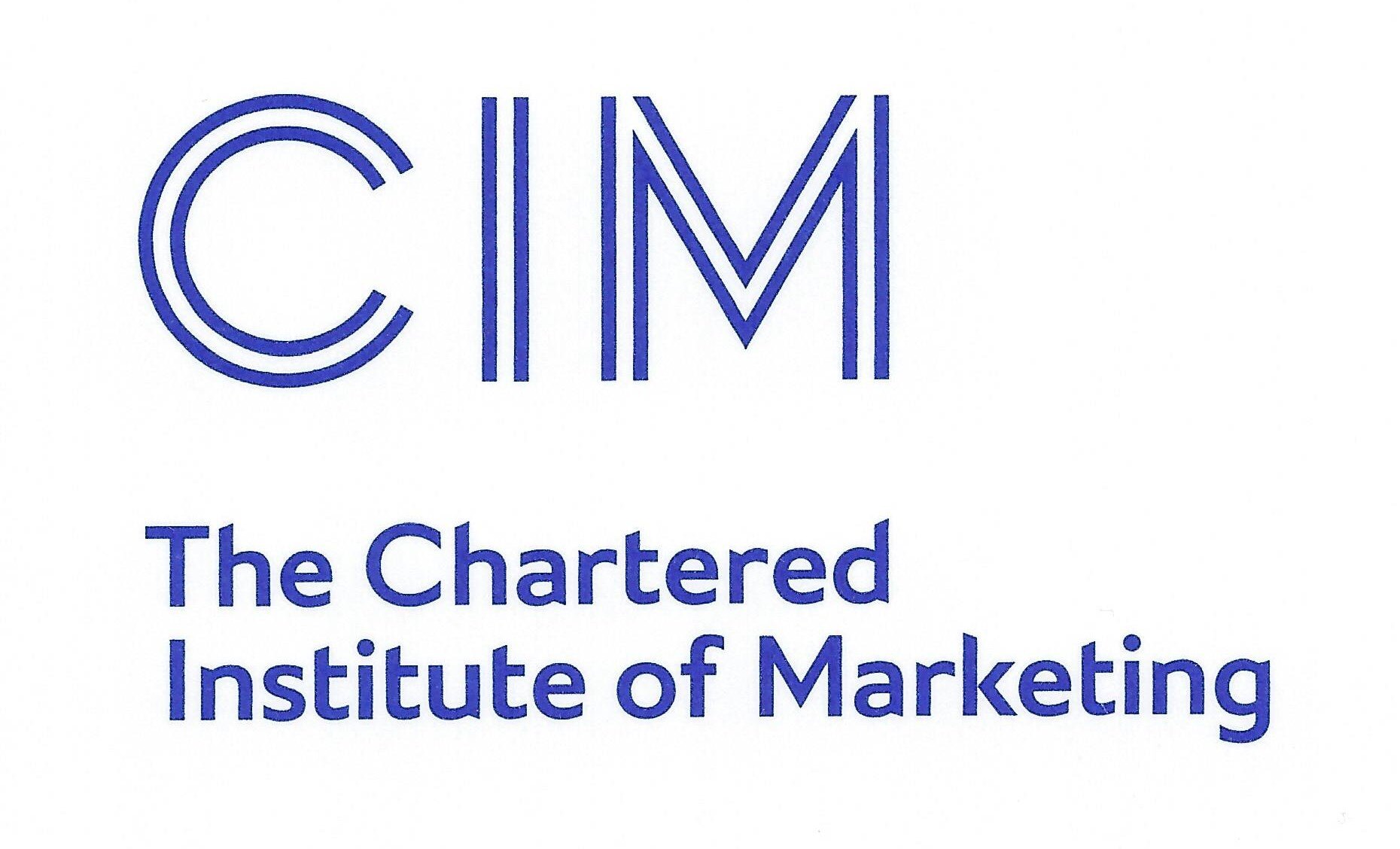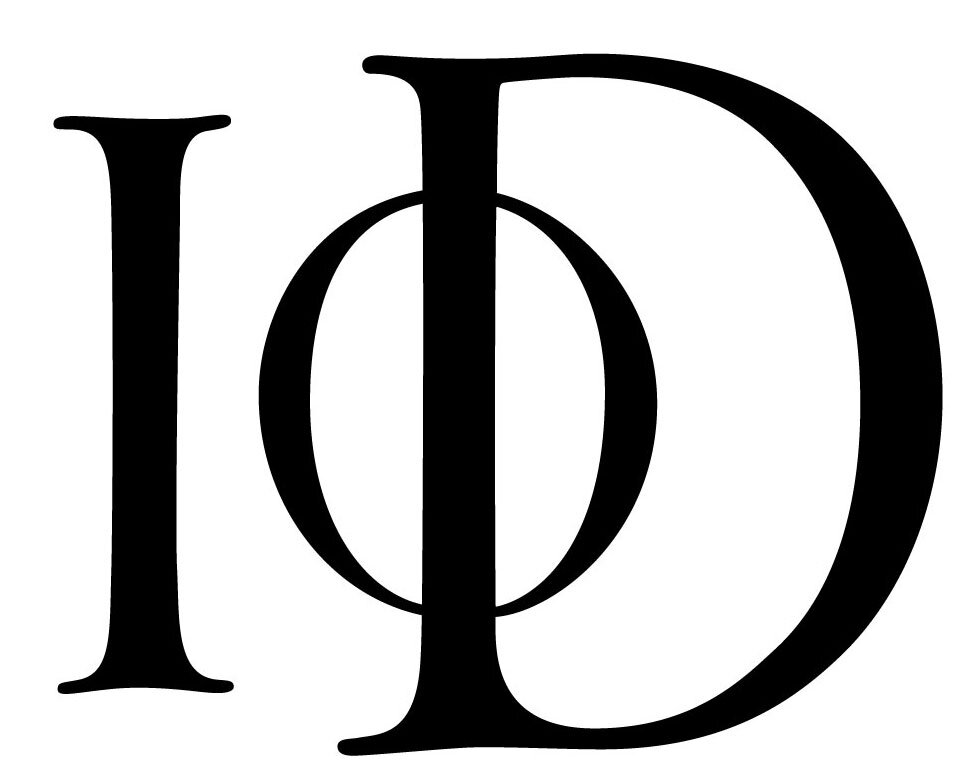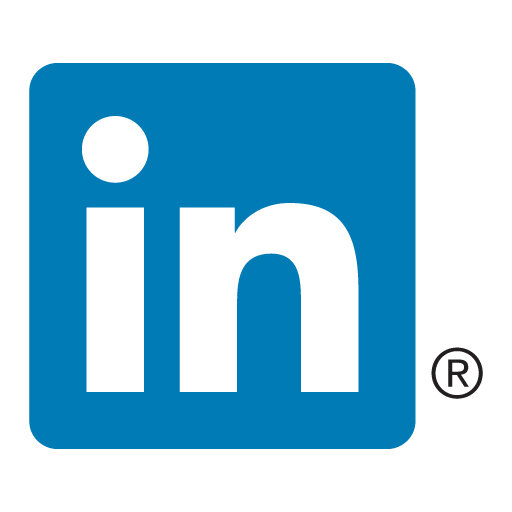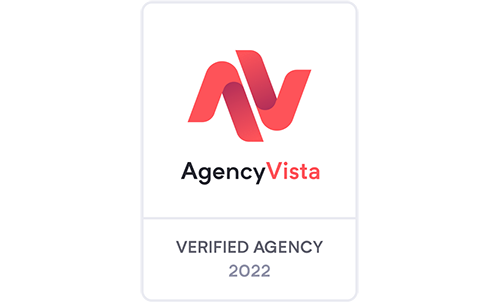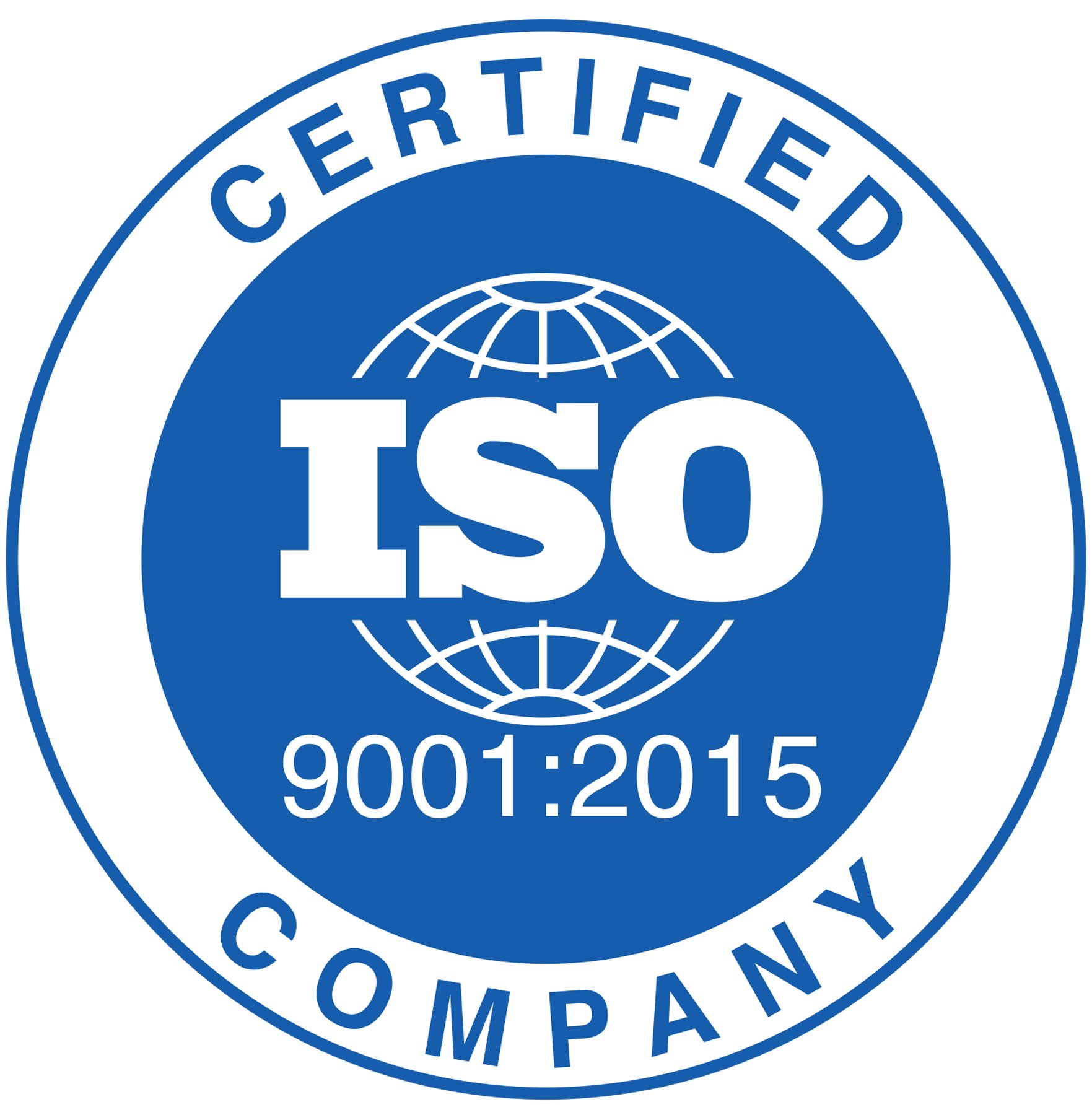When you hear about Public Relations, most people think that PR is this big, sexy, flashy, impressive job where you do press conferences, where you get put in the hot seat and you go on TV. They built up this belief that people want to talk to you, which is not the case with PR.
When you don't know what a PR person does before you go into PR, the lessons you've learned from journalism aren't that great. They don't really apply. In this article, Ed Zitron, CEO of EZPR and Business Insider’s Top 10 PR people in tech, will share with us a few valuable insights on how to do PR right in the B2B Tech Space, following his experience as a journalist and as a PR person.
write like you talk, not like you think you should talk
I believe that PR people should be like the reporters they are pitching and actually learn what they are talking about.
The thing that Ed brought over that really matters is being able to talk to a reporter. Because a lot of PR people, not marketing people talk in this really weird, stilted way. They communicate like robots. PR people manage to break their brain and be like - Hello, hope you're having a pleasant day, I'm writing a big story. It's 300 words later, and no one's paying attention.
Write like you talk, don't write like you think you should talk. The moment I started doing that, reporters started actually giving me a minute. And people don't do that.
If you talk a certain way and communicate well, that's effective, it might not sound as smart as the weird architect scene from the matrix, but you actually do work better. And it's confusing to me.
focus on the public relations strategy
Strategy is an interesting word, especially for PR, when it comes to media relations. There's only so much you can strategise for. If you're a launch focused company, you have these targets, you do these things, but when it's a broader thing, and you're ideating more you're seeing with the client saying okay, what's interesting about you what's interesting to reporters, what relationships can we build with these reporters. That is where a strategy becomes more difficult, but it’s not impossible to do PR with them.
PR people love coming up with big documents. The issue with coming up with an angle for multiple people is, if it's very specific, it's not applying to lots of people; if it's very broad, it's not going to be particularly in-depth. So a lot of this comes down to breaking the egg and seeing what comes out and understanding what the client actually has and at some times in the new business process, telling them not to do it.
set the right Public Relations KPIs
When it comes to KPIs, PR people usually do like a two-week ramp up with a written Q&A or just kind of get the client familiar. They do a medium media list, a list of the people they think they can take this to, and then within them, they start pitching.
KPIs usually like coverage - so tier one might be a TechCrunch or Forbes, Business Insider or Fortune. Tier two would depend actually. It really depends because DevOps might be tier two to some person, but to a heavily DevOps focused company, it's gonna be a tier one.
Depending on who the client is, they may not care about TechCrunch. The important thing is the conversation. But those KPIs for us, at least, are based on the actual coverage because traffic is very hard to understand. We have had clients who have had a Kickstarter launch, where one TechCrunch article led to $85,000 worth of sales. I've had ones where it's led to 2000 clicks, there's nothing else, says Ed.
That last one is an extreme edge case, usually it sends a good amount of traffic. But the thing I always insist with clients is we cannot guarantee client coverage. And we cannot actually guarantee traffic, because we are not in a media control country. There's a freedom of the press here. It cannot guarantee anything, but we can give you fair odds.
Most of the time, 95% of clients are happy. And because you set these expectations early, if you have these conversations, sometimes the client will say 'You know what, if you're not 100% sure we can get this, this isn't worth it for me'. Absolutely fine. Walk away from something you're not willing to pay for.
If you need traffic, you may want to do Facebook advertising, you may have other things that could drive more traffic. If you need brand awareness and SEO optimisation, PR is pretty unrivalled for that.
set the right pr budget
Usually 8 to 15 thousand a month is what you should expect. You may find people who are cheaper. Always question why. And ask them for more recent results. Any PR, I mean, talk to and say 'Hey, what's something you got recently? Give me a few links to things you got recently.' So within the last three months, because a lot of PR firms love to go 'Oh, yeah, we did this and this and this' and it'll be two years old, or a year old. But it's more than six months old, you are talking about a different airpark. You need recent coverage.
do public relations as often as needed
If you're a company with lots of launches, you can do it constantly. If you're a company that does one notable thing a year, do a project. With SEO optimisation, for example, you can do contributed content like mentioned you can do your own blogs, you can pitch them to a boss. You can do that fairly regularly and it has an effect. Now for the most part, though, project-based PR is fine. Unless you can find an agency that can continually get you coverage, you have to be aware that there are budgets and there are projects.
Usually, launches are much easier in consumer electronics. It's not impossible with other things. But you have to amend your expectations. With the right story, in the right crystallisation of events, you are able to do a lot of great work, but I'm always month to month. And I think that that's always good if you're hiring a PR firm.
Get month to month, get 15-20 days out. Just be able to say 'I'll give notice'. Because guess what, things change, you may do. And you may think 'this is not ok’. Probably not the PR, but just like the story doesn't work, wonderful. Quit, then. The thing to watch out with, if you're hiring PR is long engagements, anything longer than three months, it's crazy to me. Now, if you are a company with a consumer electronic thing that people are going to review, go for it, you could do six months. But if you're not, probably don't. You may end up working with the person for six months. But if it's month to month, you'll be a lot happier.
We hope that you found this article helpful, and if you ever need some help with creating a strategy for your brand or anything related to digital marketing, book a 30 minute meeting and be sure we’ll help you scale your business!
This article is inspired by an episode of the Marketiu podcast - The Marketing Innovation Show.
To listen to the full version of the podcast episode, choose one of our streaming platforms, or watch it on YouTube:









